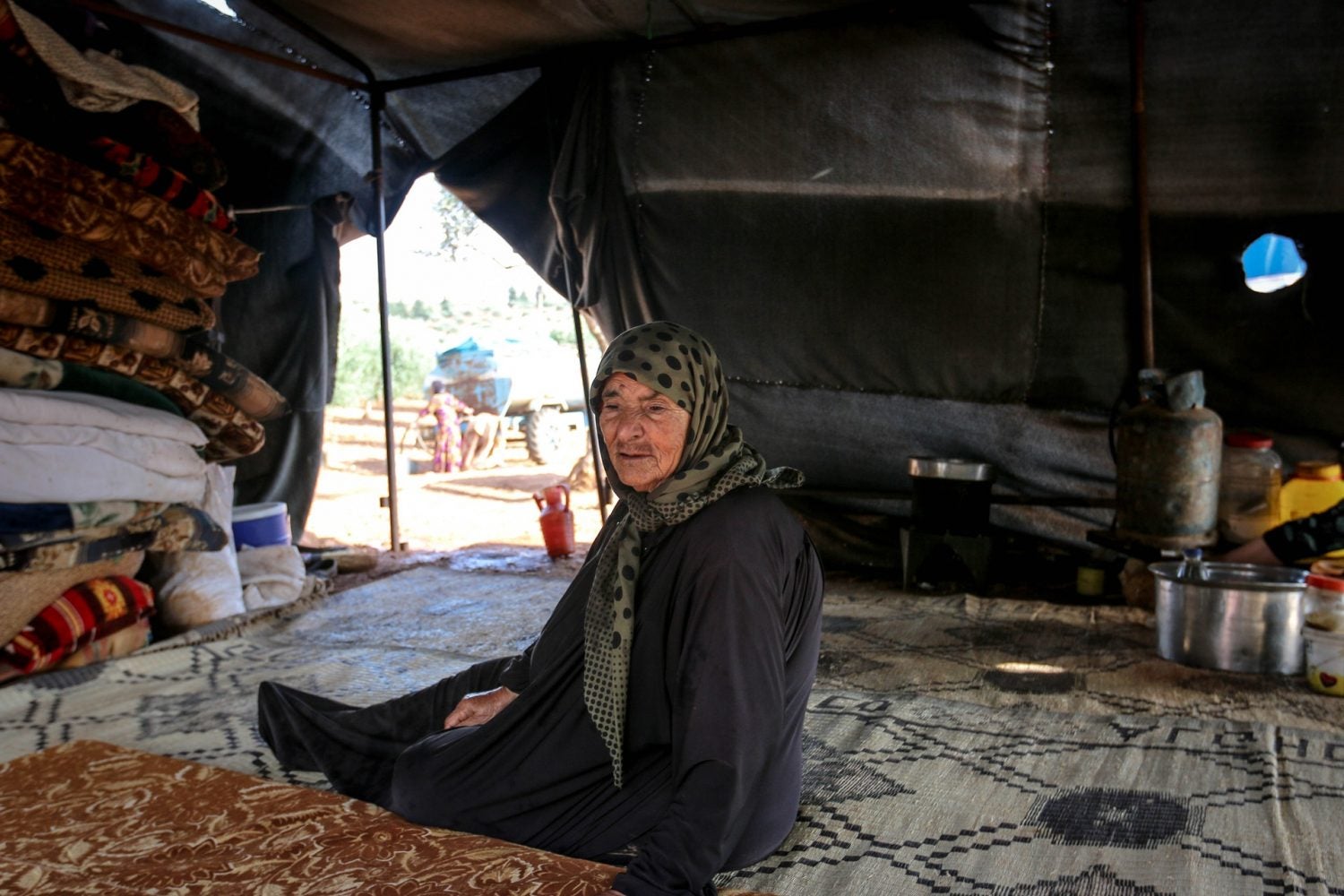Every so often, a country is struck by a war that many of its residents flee. These families get displaced and go to other countries as refugees of war. It is a tragic event, yet there is a glimmer of hope as other countries support them. Today, we’ll look at the reasons why people leave their home countries and the ways by which governments treat and help refugees in a time of war.
Why are there refugees?
There are over 70 million refugees in the world today. They are in camps, and they are growing—some of them are victims of human trafficking, and they are spread all over the world. A person becomes a refugee not only for a single reason—there are many.
War
War is the second reason why people leave their countries. They are either direct or indirect victims. In a war, a faction can take over a city—they kill people along the way, and they do not have prejudice in who they kill. Some take lands by force, thus forcing people to leave.
While war may look good in video and casino games, some people even bet on sites like GGBet Casino PL – it is never a good sight in real life. Today, the largest group of refugees can be blamed for the war in Syria. It has been around since 2011. Overall, 5 million Syrians have left the country.
Persecution
The most common reason why people become refugees is persecution. It can be religious, political, racial or social. Persecution means they are being singled out and hunted down by the majority.
There are many refugees because of religious persecution. Most of these are Muslims. There are also Christians in Central Africa who are persecuted. In Pakistan, the refugees are Hindus.
Persecution also includes that of gender or sexual orientation. There are countries that do not like homosexuals—or any person with any other gender than male or female.
Hunger
Hunger is also a cause of movement. Some countries have an economy so bad that they have nothing to eat. Estimates indicate that more than 20 million people are displaced because of hunger. These people come from Somalia, South Sudan, Yemen and Nigeria.
These countries face extreme drought; because of this, crops do not grow and animals do not thrive. The residents have no choice but to move to other countries. Sadly, governments may be slow to act—while some have excellent programs for tackling the refugee problem, others do not want to share their resources.
Integration Services
Governments list and track asylum seekers. What they do is provide integration services to those who are likely to stay—these are refugees who will no longer come back to their country.
Integration means introducing the refugees to the country’s culture, including language training. However, it is easier said than done. Many countries wait for months before they even begin integration efforts. In Norway, asylum seekers spend 250 hours of language training for asylum seekers. They have reception centres that facilitate this.
Job Matching
People have different skills. As such, governments must disperse them to areas of their countries where their skills match the labour demand. For example, someone who is a graduate of medicine cannot be expected to work in a lumber mill—he does not have the skill to do this.
Governments must also disperse the refugees to prevent segregation. It ensures that they do not form their own groups. One good example is Sweden. They match the migrants to localities based on their overall profile. They also look at the migrant’s job experience and use it as a deciding factor where the migrants will live.
Provide Employment
Many countries are reluctant to give work to refugees. This is a problem as it leaves the government a responsibility to feed and house them. Then, the asylum program becomes a humanitarian channel that is prone to abuse.
Not working has detrimental effects not just on the migrant’s capabilities but also on the economy. Their skills may decrease over a period of time. It is also a healthy consideration if countries give them jobs early on so they can get back to a normal life.
Refugee Camps
Countries have refugee camps where the migrants can stay. These camps have the support of the UNHCR. These camps are protected and are supported financially. The refugees get food, water and shelter. They also get health care. These things are paid for via the joint efforts of the government and the United Nations.
The lead agency that facilitates this with the government is the UNHCR. They also work with the International Organization for Migration—they manage the camps. Refugees will stay in these facilities until the government decideі what to do with them.

















